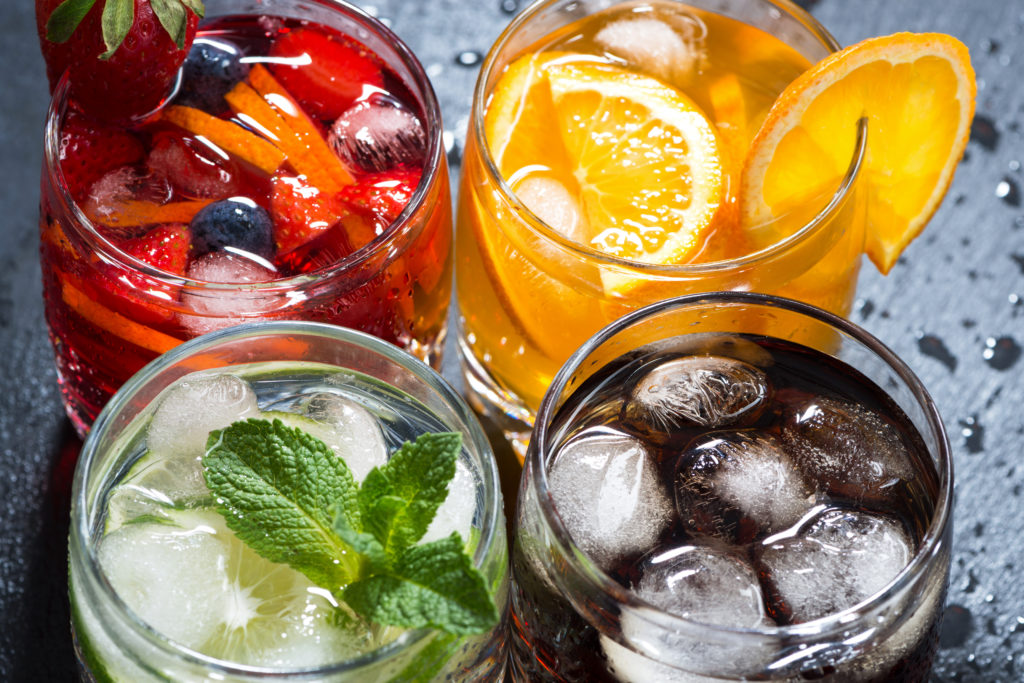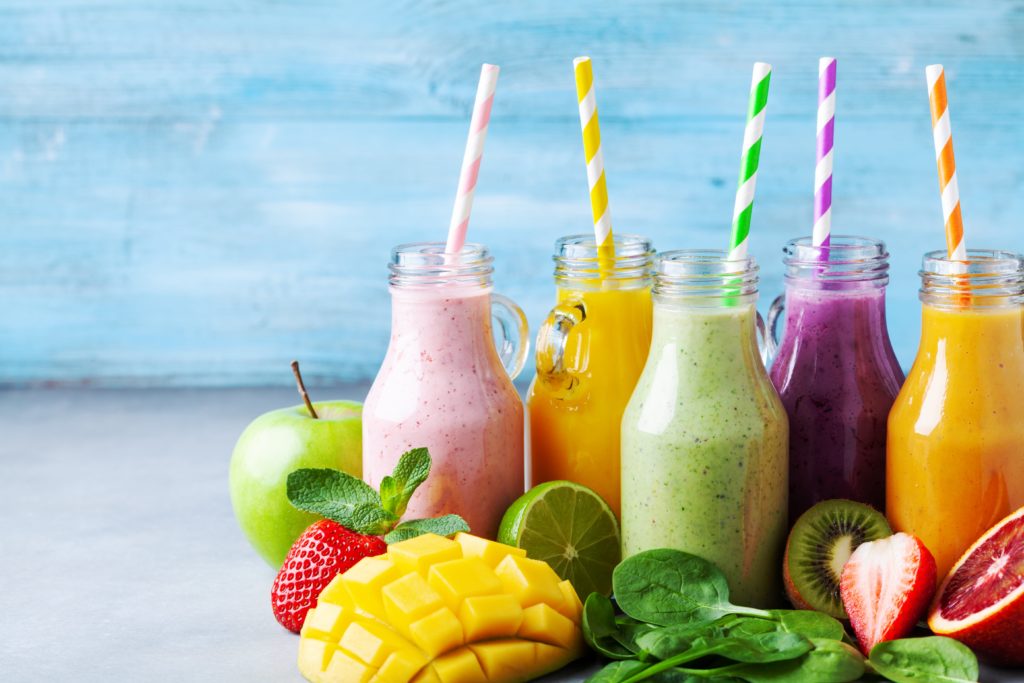Consumers are Regularly Turning to Cordial, Squash, or Syrups
A trend over the past three years has been the increase in consumers turning to cordial, squash, or syrup. For instance, FMCG Gurus’ consumer insights reveal that 54% of global consumers say they drink cordial, squash, or syrups at least weekly. This category, traditionally seen as a more economical alternative to juice, has seen this increase, while there has been no fundamental shift in the overall consumption of juice.
This surge in the preference for a more budget-friendly option aligns with price inflation, prompting individuals to moderate their food and beverage expenses. It suggests that consumers are increasingly turning to cordials for economic reasons. This presents an opportunity for brands in the soft drinks industry to focus on affordable innovation. As a result, this will challenge consumer perceptions and associations with cordials.

Health Based Beverages are being Consumed Less Frequently
In comparison to three years ago, there has been a decrease in consumers who report regularly turning to health-focused beverages. This is particularly evident in the functional juice and water category. For example, FMCG Gurus’ market research highlights a 21% drop in consumers drinking functional juice or water between 2021 and 2024. This shift can be attributed to two primary factors. Firstly, the impact of COVID-19 on purchasing behavior across food and beverage categories has lessened compared to three years prior. Secondly, the association of healthy beverages with premium pricing at a time when individuals are grappling with everyday living expenses. This has led consumers to move away from the mindset of “health at any cost” and towards a more considered approach to wellness.
As a result, consumers continue to purchase health and wellness products, but with less emphasis on spending and a focus on the effectiveness, necessity, and value for money of the products. With price inflation expected to continue influencing consumer purchasing patterns and consumers reducing their consumption of such beverages, it becomes essential for brands in the health and wellness market to ensure that their products align with the key consumer needs in terms of claims, format, and product attributes.

Perceptions Regarding the Healthiness of Energy Drinks are Shifting
In striving for a well-rounded diet, consumers embrace a balanced approach to health. This involves some choices driven by the goal of managing well-being through indulgence. This approach extends to the beverage sector, where there is no direct link between the perceived unhealthiness of a category and efforts to reduce consumption.
One trend in recent years is the shifting attitudes towards the health aspects of energy drinks. There has been a noticeable drop in the percentage of consumers viewing energy drinks as unhealthy. However, for the first time, respondents were more inclined to label them as healthy. For instance, FMCG Gurus’ consumer insights reveal 39% of consumers who say they purchase energy drinks deem them to be healthy, compared to 19% in 2021. This shift indicates that consumers are moving away from perceiving energy drinks as essential pick-me-ups that require moderation due to their immediate energy boost followed by a crash. Instead, energy drinks are now seen as a safe option providing sustained and consistent energy without side effects. This change is driven by fatigued consumers seeking products to support them both physically and cognitively throughout the day.
Consumers are Conscious of Sugar in the Soft Drinks Market
Consumers continue to prioritize awareness of product ingredients. This is despite a slight decline compared to the pandemic period, attributed to reduced risk aversion and health consciousness. There remains a strong desire to avoid ingredients perceived as detrimental to personal health and the broader environment. Notably, sugar ranks as the top ingredient of concern for consumers. For example, FMCG Gurus’ market research highlights that 51% of global consumers are concerned about sugar in beverages. This reflects the heightened attention to sugar content within the beverage industry. In addition, concerns about weight amid uncertain times are leading individuals to seek solace in less healthy food and drink.
Interestingly, there has been an increase in individuals expressing concerns about artificial sweeteners over the past three years. This aligns with the growing emphasis on naturalness claims within the soft drinks market.